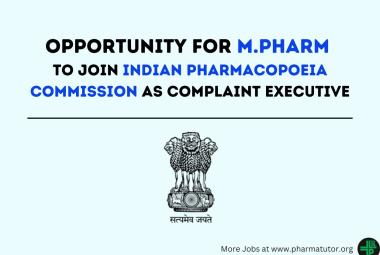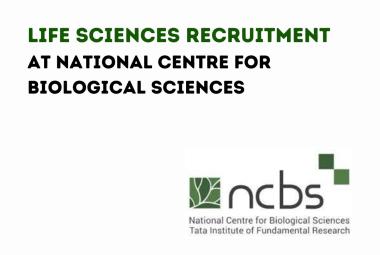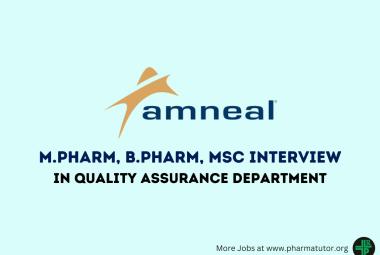Aegerion Pharmaceuticals, Inc. and QLT Inc. have entered into a definitive merger agreement under which Aegerion will be merged with a wholly owned indirect subsidiary of QLT. Upon completion of the proposed merger, each outstanding share of Aegerion common stock will be exchanged for 1.0256 shares of QLT common stock. QLT plans to change its name upon the closing of the proposed transaction to Novelion Therapeutics Inc. (Novelion) and its common shares will trade on the NASDAQ Global Select Market and the Toronto Stock Exchange.
A broad-based investor syndicate comprised of both new investors and existing shareholders of both companies (collectively, the "Investors") has committed to invest approximately USD 22 million in QLT and to vote in favour of the proposed transaction. Assuming completion of the proposed merger by the end of the third quarter of 2016, Novelion is expected to have an unrestricted cash balance of over USD 100 million.
The proposed merger is expected to create a strong, rare disease-focused global biopharmaceutical company with a diversified portfolio consisting of Aegerion's two commercially branded products, Juxtapid (lomitapide) capsules and Myalept (metreleptin), and QLT's QLT091001 ("Zuretinol Acetate" or "Zuretinol"), a phase 3-ready Ultra-Orphan Fast Track and Orphan Drug designated asset being developed for the treatment of Inherited Retinal Disease caused by underlying mutations in RPE65 or LRAT genes ("IRD"), which indication comprises Leber Congenital Amaurosis ("LCA") and Retinitis Pigmentosa ("RP").
Zuretinol acetate is expected to advance to Phase 3 clinical trials in the third quarter of 2016 and has Orphan Drug designation from both FDA and EMA, as well as FDA Fast Track designation.
In combination with the proposed merger transaction, a broad-based investor syndicate will subscribe to purchase approximately USD 22 million in shares of QLT common stock for a purchase price of USD 1.76 per share is subject to the satisfaction or waiver of the conditions to closing the merger. The investor syndicate includes new investors, including Deerfield, and a broad group of existing Aegerion and QLT shareholders, including Armistice Capital, Broadfin Capital, Healthcare Value Capital, JW Asset Management, K2 & Associates Investment Management, Sarissa Capital, Tiger Legatus Capital Management, and others.
The Board of Directors of Novelion will be comprised of ten members, including four QLT designees, four Aegerion designees and two shareholder representatives, one from Broadfin Capital and the other from Sarissa Capital. For a period of time that expires shortly after Novelion's 2017 annual shareholder meeting, Sarissa Capital also has the right to designate an additional director to the Novelion Board.
Under the terms of the merger agreement, Aegerion will become a wholly-owned indirect subsidiary of QLT, and each existing share of Aegerion common stock will be converted into the right to receive 1.0256 common shares of Novelion. As a result of the structure of this transaction, a repayment obligation with respect to Aegerion's outstanding convertible notes will not be triggered.











.png)


